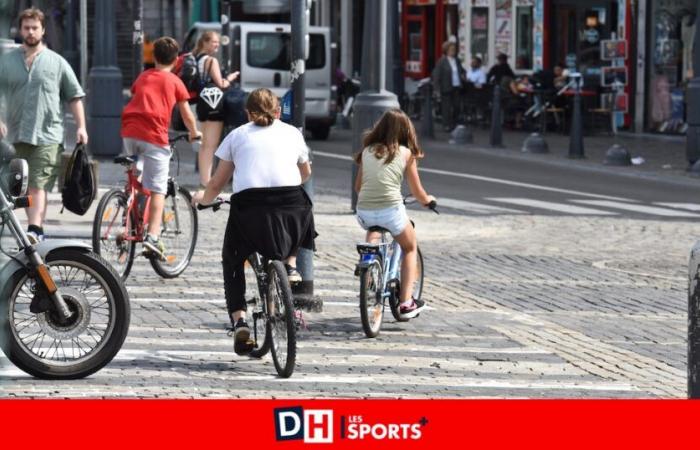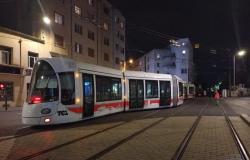
On average, the Liège worker lives 24.2 kilometers from their workplace. A distance “completely accessible by public transport, provided that the offer allows it“. Indeed, the director insists: “We like to be involved in our journey“. Understand “the unpredictable can be daunting“. “If a person of good will takes the train once, twice, three times and experiences a delay for the third time… well, next time, they will take the car“, he explains. Note also that “some less-served municipalities do not facilitate green journeys“. Thus, 5.4% of home-work journeys in the province of Liège are made by train or bus.
“I can’t wait to see how the tram will change the habits of Liégeois and residents of neighboring areasconfides Benoît Caufriez. The network will only grow“.
The big winner
If the car “remains number 1, it is especially the bicycle which is gaining ground, reaching 5.3%“. “In five years, the proportion of workers who take the bike (alone or combined with the car or train/bus) has increased by 170%.“, details Acerta. A result “relatively weak but which has the merit of progress“. A progression made possible by “the improvement of cycle structures, but also by increasing the number of secure parking spaces“. “The electrification of models, finally, convinces some workers to drive more“, concludes the director, who nevertheless highlights certain obstacles to daily use of two-wheelers. “Rain or low temperatures“can deter more than one. Others”need a car to transport large files or to avoid arriving sweaty at the workplace which does not have a shower“.
-Around a hundred Liège workers invited to test the bike to get to work.
Despite the growing success of the bicycle, Benoît Caufriez assures us: “The bicycle will never supplant the car“. Nevertheless, “green mobility is and will remain a major objective“.





